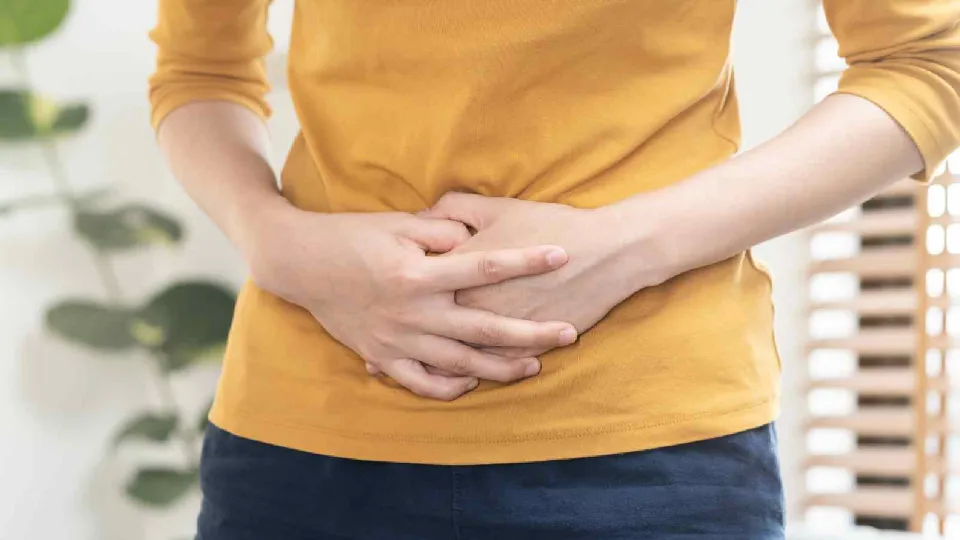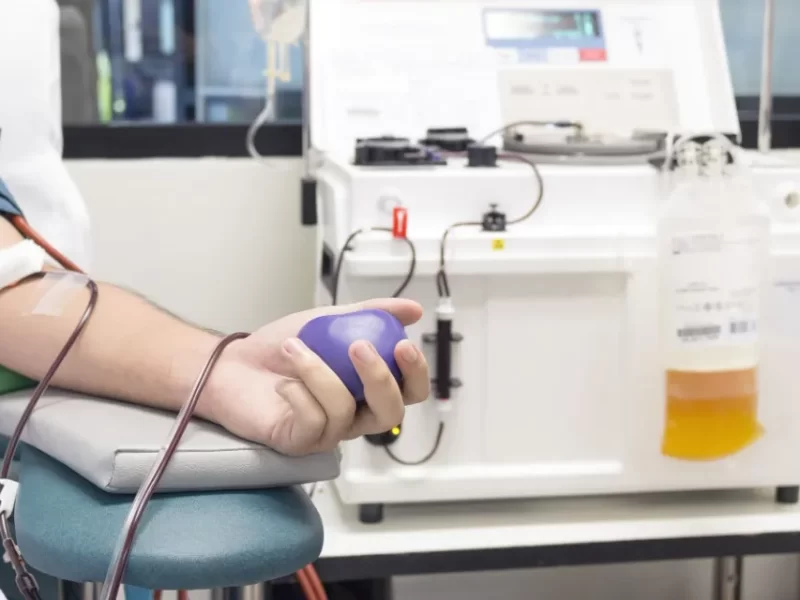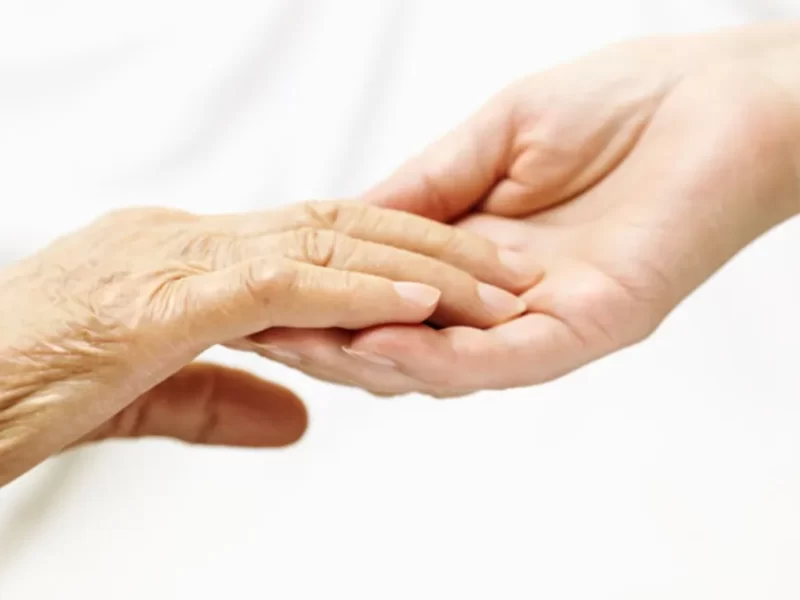Many health issues can arise from alcohol use, and some people may wonder if drinking can cause stomach disorders like ulcers. Alcohol can increase the likelihood of stomach ulcers developing even though it is unlikely to do so on its own. Most stomach ulcers are caused by an infection from a specific type of bacteria called H. pylori), also known as H. pylori).
What should you do if you overdrank alcohol and now have a stomach ulcer? What can you do to stop it, if anything? Please read on.
What is a Stomach Ulcer?
When the stomach’s protective lining is harmed, a stomach ulcer develops. The rest of the stomach is shielded by this lining, known as the mucosa, which also keeps stomach acid from penetrating any areas it shouldn’t. Corrosive stomach acid can enter the outer layers of the stomach and start to digest them when the mucosa is compromised. Due to this, the damaged area may enlarge, and in extreme cases, the stomach may leak into the abdominal cavity.
Because stomach acid erodes the stomach’s outer layers painfully, stomach ulcers are unpleasant. Due to the corrosion that affects blood vessels and can cause stomach contents to leak, ulcers can also cause bleeding or infections.
Can Alcohol Cause Stomach Ulcers?
Although drinking alcohol does not directly cause ulcers to form, it may make ulcer symptoms worse and pose other health risks.
Some people may wonder if drinking can cause stomach conditions like ulcers because alcohol use can cause a variety of health problems. Alcohol can increase the likelihood of stomach ulcers developing even though it is unlikely to do so on its own. Most stomach ulcers are caused by an infection from a specific type of bacteria called H. pylori) is a type of bacteria. pylori).
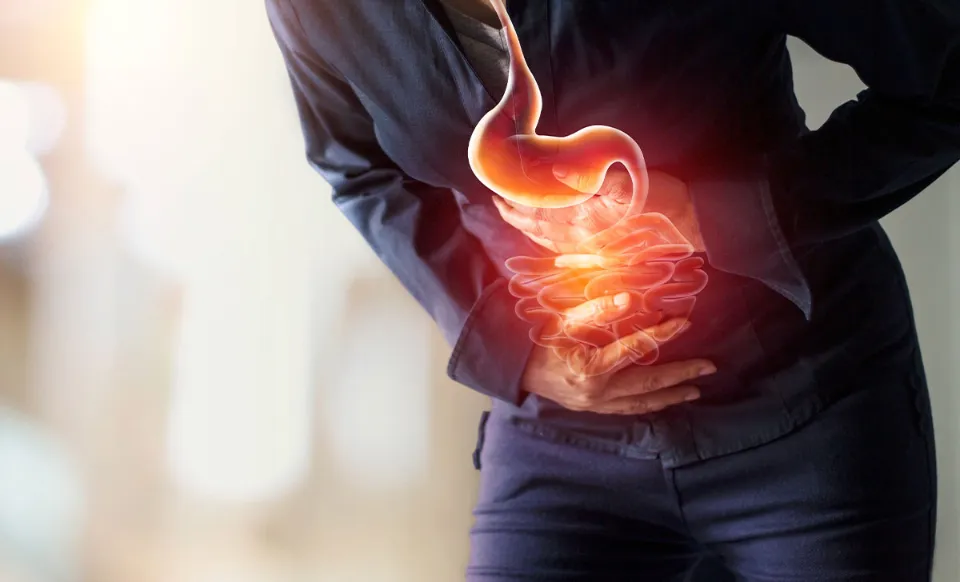
The underlying cause of stomach ulcers may not be alcohol, but it is thought that alcohol aggravates the symptoms of stomach ulcers, possibly worsening any existing ulcers.
Alcoholic Stomach Ulcers Symptoms
Asymptomatic gastroenteritis is possible. Some people presume that indigestion is the only problem if it occurs. If you get gastritis from any cause, symptoms may include:
- An uncomfortable, burning stomachache. When you eat, it might get better or worse.
- A constant pain between your navel and ribs
- Belching and hiccuping
- Bloated or full feeling in your stomach that gets worse if you eat
- Nausea and vomiting
- Loss of appetite
- When you exercise, you might feel exhausted and have trouble breathing if you have anemia (not enough red blood cells) and gastritis. Anemia may result from stomach bleeding.
- Blood in your feces or vomit, which may come from bleeding in the stomach lining
Consult a doctor for a diagnosis and treatment as these symptoms could also be caused by other issues.
How to Treat Stomach Ulcers Caused by Alcohol?
Medication Uses
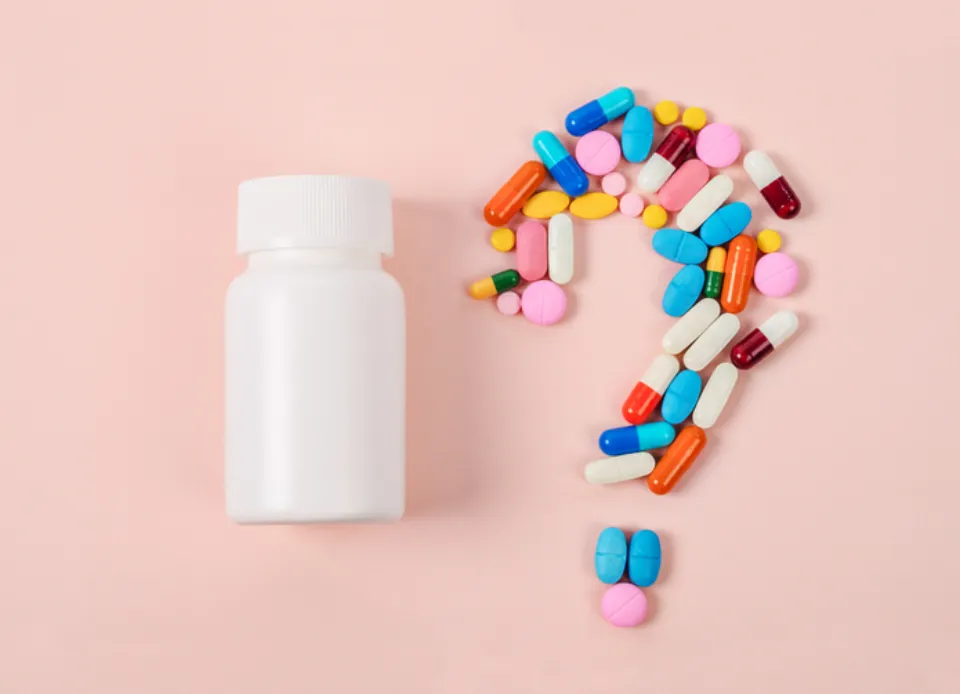
Typically, gastritis symptoms are quickly relieved by medications and other treatments. But if your gastritis is brought on by alcohol use, you should also include quitting or reducing your alcohol consumption in your plan. The severity of your gastritis, your symptoms, your age, and your general health will all influence the type of treatment you receive.
Medications often include:
- Antibiotics to kill bacteria that cause gastritis
- Antacids to reduce your stomach acid
- Histamine (H2) blockers, which curb how much acid your stomach makes
- Proton pump inhibitors, which treat stomach ulcers and reflux
Diet Changes
Your doctor may advise you to limit your alcohol consumption in addition to avoiding spicy foods and acidic drinks like coffee, orange and tomato juice, and colas. Additionally, you might need to stop using aspirin, caffeine, smoking, and over-the-counter painkillers. A smaller mealtime schedule may also be advised by your doctor.
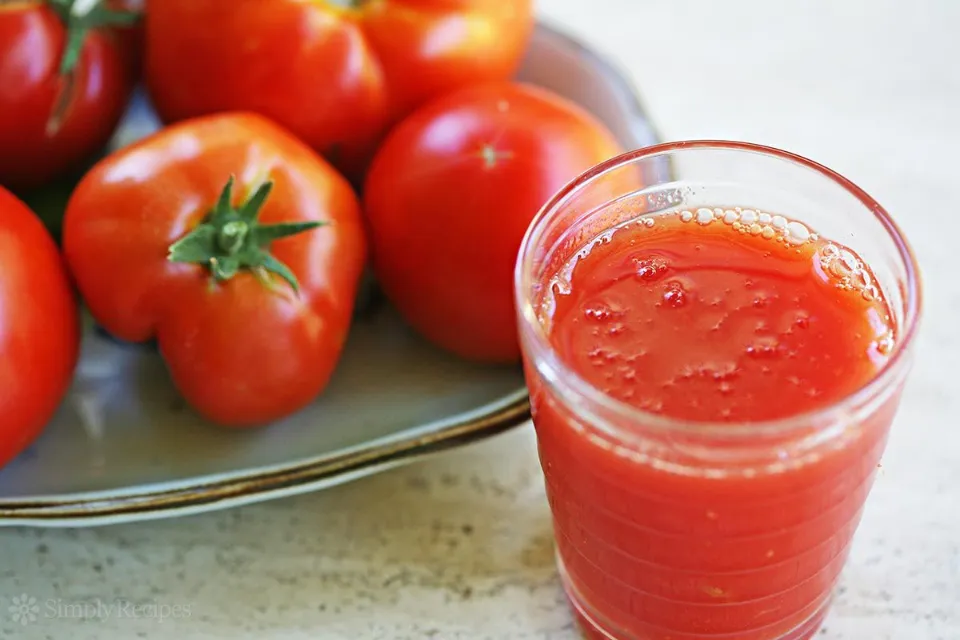
Surgery
In dire circumstances, surgery might be required. During surgery, the stomach’s severely infected portion is typically removed, and the healthy portions are rebuilt. Altering one’s lifestyle is part of the treatment for stomach ulcers. The use of NSAIDs, smoking, spicy foods, and alcohol may need to be avoided or reduced in order to achieve this.
How to Prevent Ulcers If You Drink?
Simply put, quitting drinking is the best way to stop ulcers caused by alcohol. Stop drinking if you have an ulcer so that it has a chance to heal without being irritated by alcohol.
Alcohol consumption doesn’t help prevent stomach ulcers, so the only way to stop them from happening is to stop drinking it altogether. If you already have ulcers and drink alcohol, it’s likely that both your symptoms and the condition of the ulcer will get worse.
Summary
It’s crucial to avoid drinking if you have a stomach ulcer, or at the very least, limit it as little as possible while it heals. If you have trouble cutting back, think about asking for professional assistance.
FAQs
How Long Does It Take for a Stomach Ulcer to Heal?
Stomach ulcers usually go away with treatment after a month or two. If you use NSAIDs, consume spicy food, or drink alcohol, your ulcers may take longer to heal.
Can You Drink Alcohol After Your Stomach Ulcers Heal?
Until your stomach ulcers heal, you should abstain from alcohol. You can keep drinking alcohol until they recover. To reduce your risk of getting ulcers again in the future, it is best to only consume moderate amounts of alcohol.

